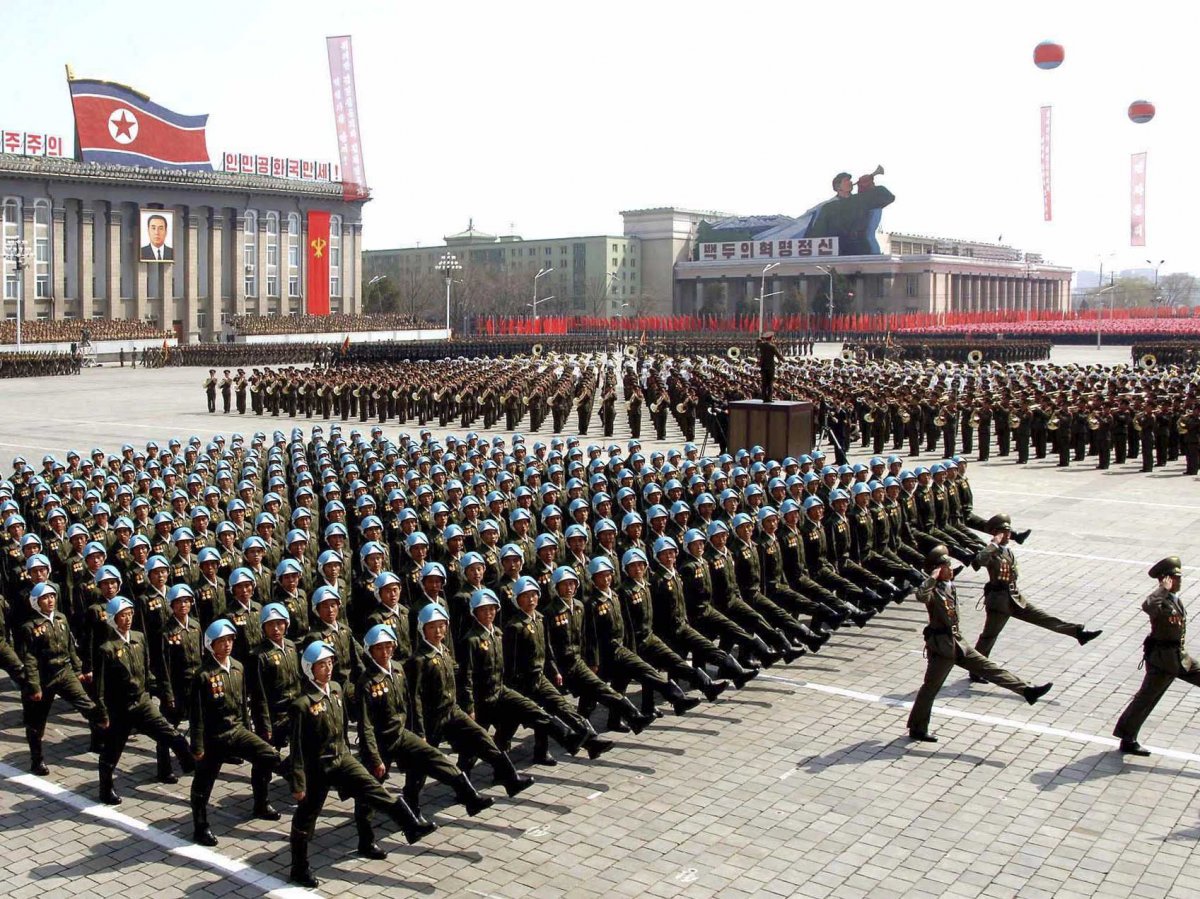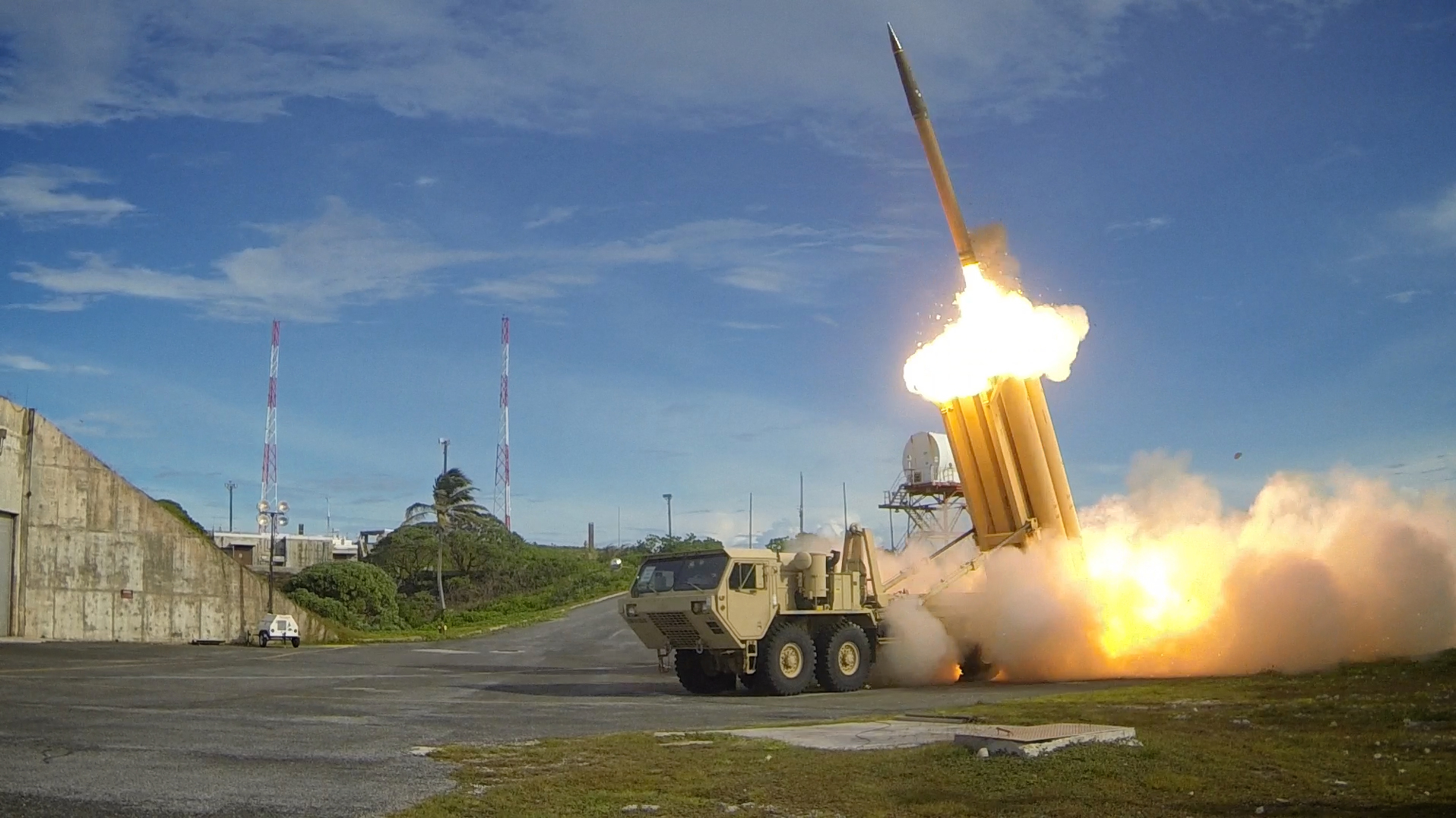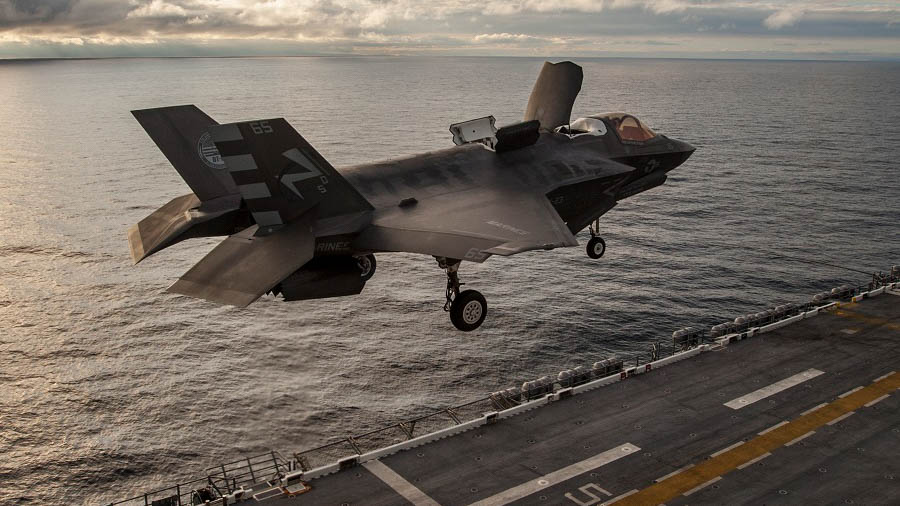
The political turmoil over the impeachment of the South Korean president raises troubling questions about Seoul’s direction when it comes to security relations with the United States, Japan, China and its northern neighbor.
For example, Moon Jae-in, leader of the largest opposition party, has suggested a return to the sunshine policy of more open engagement with North Korea, said Retired Rear Adm. Michael McDevitt, now with CNA on Tuesday,
Moon is also “willing to have second thoughts about the deployment of THAAD [Terminal High Altitude Area Defense]” system and “might turn back the clock” on sharing security information with Japan.
He is the likely successor to Park Geun-hye if she is removed from the presidency.
Speaking at the Atlantic Council in Washington, D.C., McDevitt said China is mounting a “full-court press” with South Korea to not deploy the short- to intermediate-range ballistic missile defense system.
Already, “South Korea is paying a big economic penalty” for taking the first steps in the deployment.
China has said it objects to the deployment, saying that THAAD can also be used against its missiles.
As an example of that economic pressure, he cited China’s enforcement of new territorial claims in the Yellow Sea in which Beijing claims 70 percent of the area.

Regarding Japan-South Korean relations, “the demons of history come back again,” referring to Tokyo’s long occupation and atrocities committed on the peninsula as stumbling blocks in achieving tighter security cooperation.
Looking at North Korea, Pyongyang’s nuclear program “is coming to a head [and] probably will be Number One on [President Donald Trump’s] agenda” soon.
McDevitt said while the ballistic missile program has drawn headlines, including the launch of four missiles into waters near Japan Monday, what should be of more concern to Japan is North Korea’s ballistic missile submarine program.
While Tokyo has advanced defense systems, submarine-fired missiles would pose a different challenge because they would be harder to detect and intercept than land-based systems.
As for Kim Jong-un’s hold on power, he said he “is carefully eliminating all the candidates China could use to replace him,” including his half-brother who was murdered recently in a Malaysian airport.
China is the “800-pound gorilla” in looking at future security and economic relations in Asia, all the panelists agreed.
Randall Schriver, of Armitage International, noted North Korea is China’s only military ally in the region, but it is a far different relationship than that between the United States and Japan, South Korea and Australia.
“One thing to watch is the Russia-China relationship” as it develops militarily and economically.
Beijing reaches out in a number of ways that are not provocative. China does participate in humanitarian and disaster relief effort, conducts joint exercises of various kinds with other nations and is active in military diplomacy such as ship visits and military-to-military talks especially with the United States, he said.
Lindsey Ford, of the Asia Society Policy Institute, said Beijing has “grown more assertive, more aggressive” in its relations with Southeast Asian nations and its territorial claims in the South China Sea.
In the past, the Philippines was a leader among the Association of South East Asian nations [ASEAN] in rejecting South China Sea claims, but with the change of administrations in Manila, that is no longer the case.
Southeast Asia remains “a zone of competition” between great powers. “ASEAN have extreme differences of opinion of how to proceed” in relations with Beijing and Washington.
The ASEAN countries vary widely in their economic and military development and capability, and they have yet to adopt a regional approach to intelligence sharing, counterterrorism, humanitarian assistance, etc. The “want their own programs and centers” as signs of their independence.
Taiwan, on the other hand, wants to expand relations with the United States. Schriver said on the arms sales side that would include a request to buy the Short Take-off Vertical Landing (STOVL) F-35B Lighting II Joint Strike Fighter variant, but he added how that would be received in Washington is unclear. It is also looking for U.S. support as it moves forward on its indigenous submarine building program.

McDevitt said Japanese Prime Minister Shinzo “Abe has moved the needle” in how Tokyo sees its international role. The same legislation that allowed the self-defense forces to deploy overseas also allows Japan to enter security alliances with other nations than the United States. He mentioned Australia and India.
The United States relationship “underpins our security,” John Watts, of the Atlantic Council, said about Australia’s position. “We have an entire continent to defend” with extensive trade routes stretching globally.
In Australia’s view, “security cooperation is a force multiplier.”





